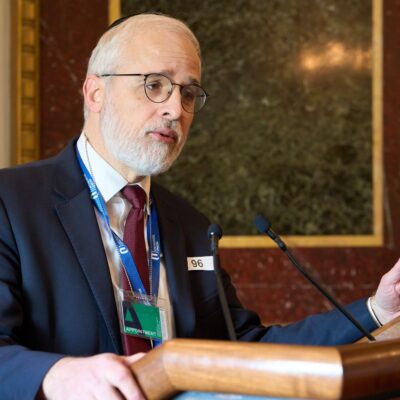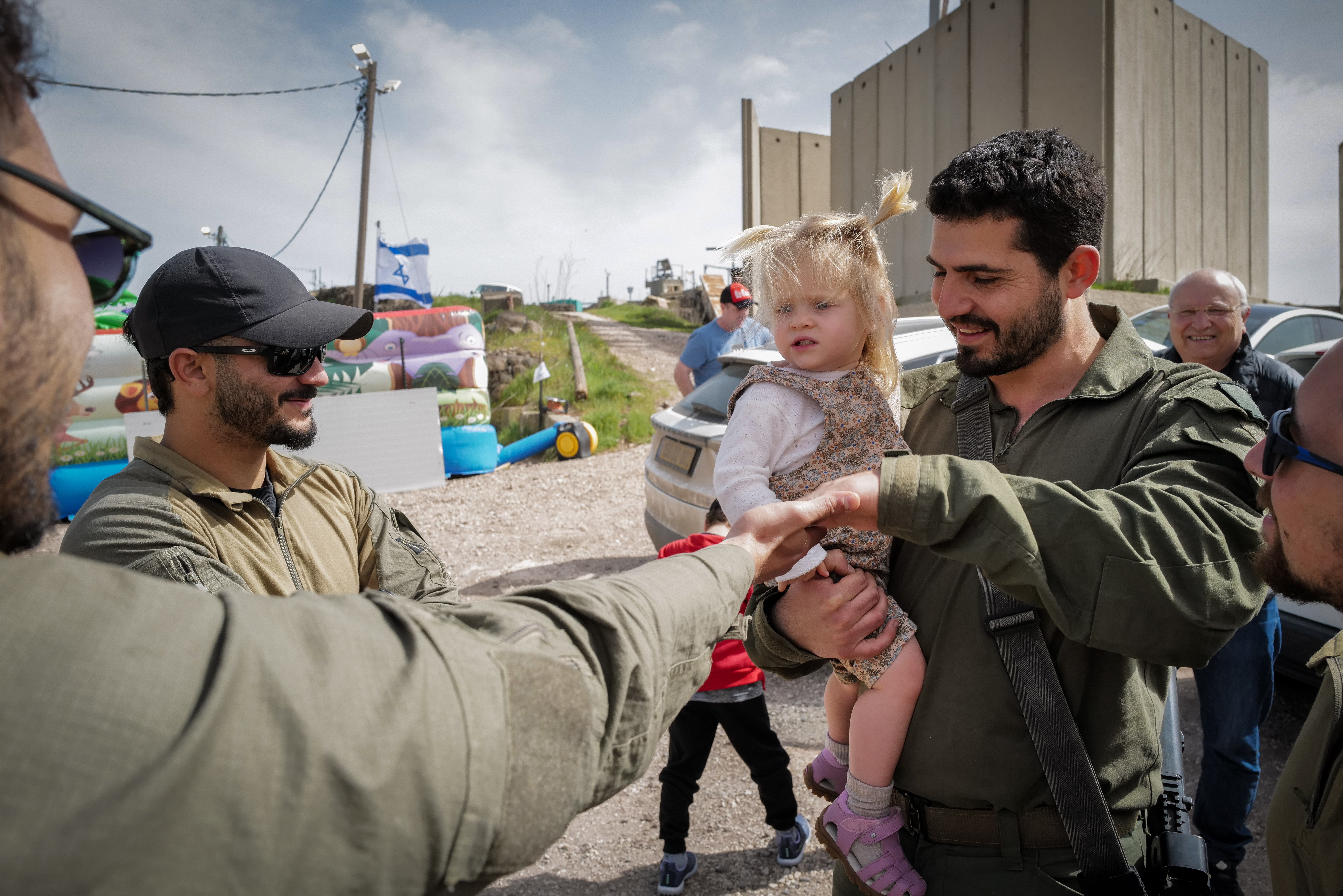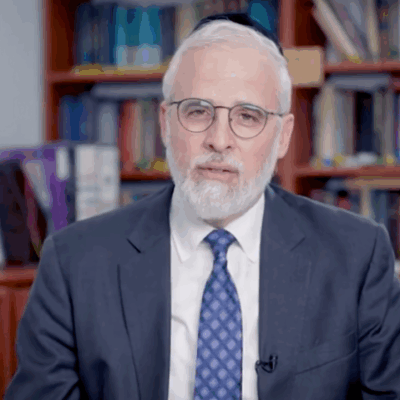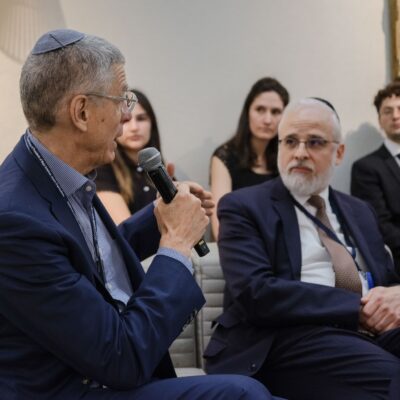Opinion
THE 501(C) SUITE
Turning the page

In eJewishPhilanthropy’s exclusive opinion column “The 501(C) Suite,” leading foundation executives share what they are working on and thinking about with the wider philanthropic field.
The war in Gaza has left deep scars — on Israel, on our communal psyche and on the way young Americans think about Israel. We’ve grieved, we’ve argued and we’ve mobilized. Israelis will begin to work toward a postwar reality: to rebuild, to identify new leadership and to heal.
American Jews, too, must turn the page. Not to forget, but to advance. The question is not whether Jewish life in America will change, but how — and how we can shape that change with courage and clarity.
This is a moment of reckoning and renewal. Our institutions must move from reactive to proactive, from defense to design. The next chapter of American Jewish life will be written by those who show up with vision, fortitude and staying power.
We face three challenges:
1.) Jewish literacy
We need more than cultural fluency — we need moral literacy. This means investing in curricula that teach Jewish texts not just as heritage, but as tools for judgment; that teach Jewish history not just as the past, but as a way for understanding the present and guiding our plans for the future. Our young people need to invite Heschel and Soloveitchik and Herzl and Szold into their classrooms — not as museum pieces, but as moral and behavioral guides.
The new federal tax credit for private schools presents an historic opportunity to dramatically increase the number of children in Jewish day schools. But capitalizing on this opportunity will require an all-hands-on-deck approach: parents and grandparents, federations and foundations need to get involved.
Furthermore, in order to demonstrate to our children that one never graduates from Torah study and to create Jewishly-literate families and communities, funders should increase support for adult learning and for leadership pipelines that prioritize substance over slogans.
As Rabbi Lord Jonathan Sacks wrote, “Jewish education is the key to Jewish survival.” We need depth, judgment and the courage to teach our values without apology.
2.) Rebuilding Israel with unity and purpose
The physical rebuilding of Israel is urgent, but so is the civic rebuilding. The war was not only a response to terror; it was also a symptom of internal fractures that cannot be ignored. American Jewish philanthropy must support efforts to rebuild the north and south, but also to invest in civil society.
That means funding initiatives that promote a shared burden of service, not just shared security. It means elevating a new generation of civic leadership, forged on the military front and the home front. Israel’s nonprofit sector is strong and vibrant, but it needs to scale 100 times to meet the moment. Our resources — financial, intellectual and human — can help them do that.
We should also support efforts to build a broad-based society that reflects the full spectrum of the Israeli people — religious and secular, Jewish and Arab, left and right — working in partnership for the common good. We need to marginalize the extremes, not reward them. We don’t need miracles. We need coalitions.
3.) Israel engagement and narrative
When the war began, we were concerned about a small segment of the American electorate that might oppose support for Israel. Two years later, we face negative attitudes on both the left and the right, especially among young Democrats and young Republicans.
Libelous narratives about Israel and the Jews have gained a shocking amount of traction in the last two years. As podcasts reshape the media landscape, some of the most popular among them platform antisemites and normalize anti-Israel sentiments. Mainstream media is rife with misinformation, naivete and a shocking willingness to demonize Israel and defend barbarism. Schools, academics, social media figures, nonprofit leaders and cultural creatives have also lost the plot. We need to develop a 10-year, $1 billion plan to recover lost ground and reshape how young Americans think about Israel. That means serious investment, not just slogans.
Israel can and should play a role in this work. But just as Diaspora Jews should approach funding change in Israel with humility — because we don’t live there and don’t fully understand it — the Israeli government needs that same dose of humility before attempting to shape American attitudes. American Jews suffer the consequences of Israeli actions and policies. We need a serious seat at the table for any non-military decision-making that affects us. We are partners and deserve to be treated as such.
We also need to educate our own children to resist the moral bankruptcy of our times. Hamas members are not oppressed freedom fighters — they are evil. People who support them are supporting evil. Non-citizens who do so don’t deserve engagement; they deserve deportation. If that sounds harsh, one need only look at Western Europe as a cautionary tale.
We must prepare our communities to speak with moral clarity, not just political caution.
This is not a call for unity. It’s a call for seriousness. The next phase of Jewish life in America will require courage, clarity and commitment. We must identify opportunities and approve budgets that reflect these priorities, convene leadership across sectors and monitor progress with discipline.
Let’s turn the page — with dignity, with purpose and with the resolve to build something worthy of our tradition and our future.
Mark S. Charendoff is the president of Maimonides Fund.

 Add EJP on Google
Add EJP on Google









